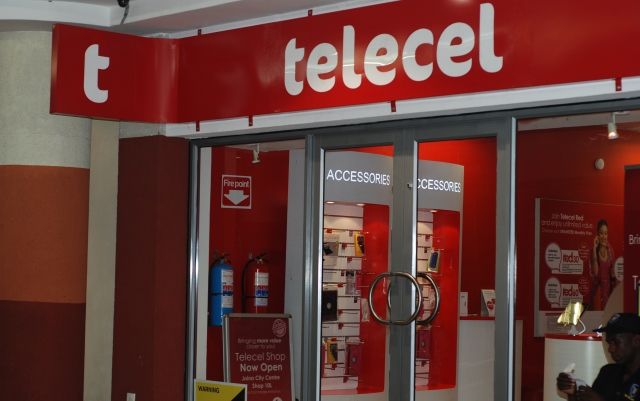Telecel Zimbabwe Set for Corporate Rescue as it Faces Insolvency

Due to severe financial hardship, Telecel Zimbabwe, one of the nation’s three smallest mobile phone companies, is about to be placed under corporate rescue, a type of bankruptcy protection.
The secretary general of the Communication and Allied Services Workers Union of Zimbabwe claims that Telecel Zimbabwe is insolvent and would be liquidated if no rescue measures are done right away in a High Court plea that was submitted yesterday by Mr. David Mhambare. The candidate for the position of corporate rescue manager is Mr. Knowledge Hofisi of Aurifin Capital. According to the court filing, the company has assets worth $1.5 billion as of December 31, 2021, a total debt of $24 billion, and negative equity of $22.5 billion.
“The conditions indicate the existence of a material uncertainty that may cast significant doubt on the company’s ability to continue operating as a going concern. If the solvency position of Telecel does not receive prime attention, it will inevitably go under liquidation,” says Mhambare.
Corporate rescue, according to Mr. Mhambare, is the best course of action in the situation because it gives Telecel the chance to “rehabilitate, obtain a moratorium from the execution of judgments by litigants, develop and implement a sound corporate rescue plan that secures the rights of all creditors and preserve value for the shareholders by ultimately avoiding liquidation of the company which otherwise has prospects of resuscitation.”
According to Mr. Mambare, Telecel is experiencing financial difficulties as it generated only $2 billion, or 2.6 percent, of the $76 billion in revenue generated by the whole Zimbabwean telecoms industry in 2017. He claimed that since technology continues to improve, telecom equipment needs to be upgraded frequently. The current worldwide trend toward 5G, and 4G/LTE investment has surged in Zimbabwe.
“Telecel hasn ‘t invested adequate resources towards 4G/5G network compared to its competitors and this places it at a competitive disadvantage, yet internet and data will soon overtake voice as the largest revenue contributor for mobile telecoms, ” he says.
Since January 2022, employees have not received their full salary, and perks including medical insurance have been suspended. There were around 700 permanent employees in 2015, but that number has since dropped to around 300, the majority of whom are graduate trainees and interns with insufficient skill sets, according to Mhambare.
Its financial difficulties, which include much larger obligations, have been made worse by the effects of long-running shareholder disputes. A coalition of indigenous people and corporate organizations known as Empowerment Corporation (EC) owns 40% of Telecel while Telecel International owns 60% of the company.
